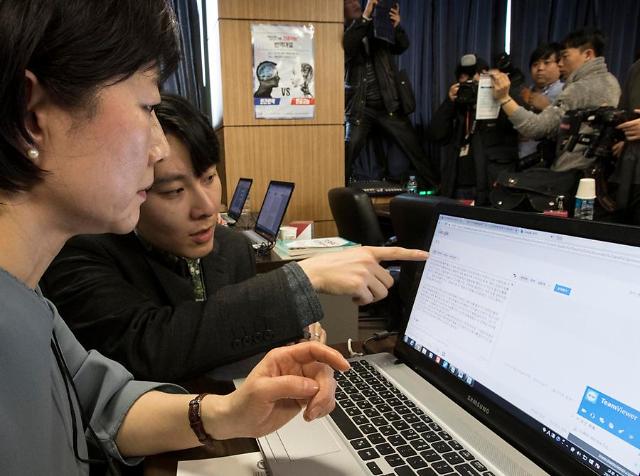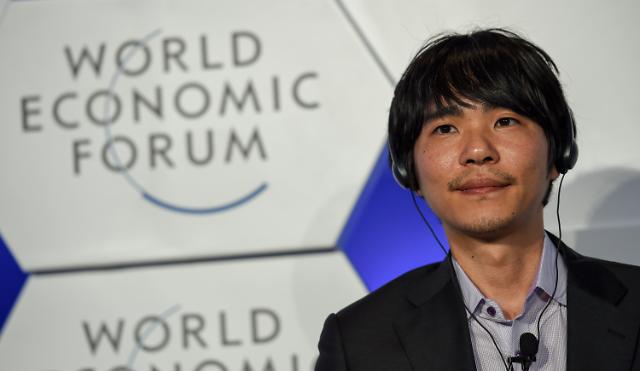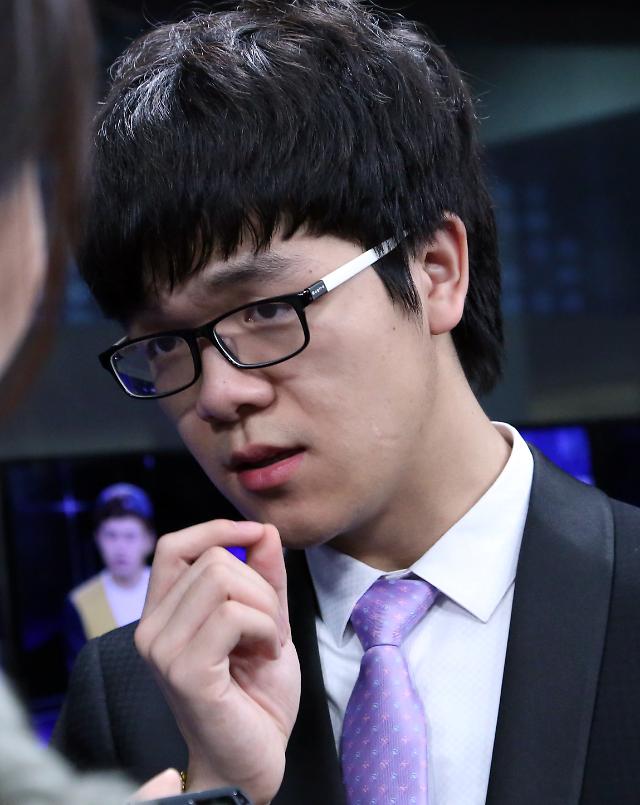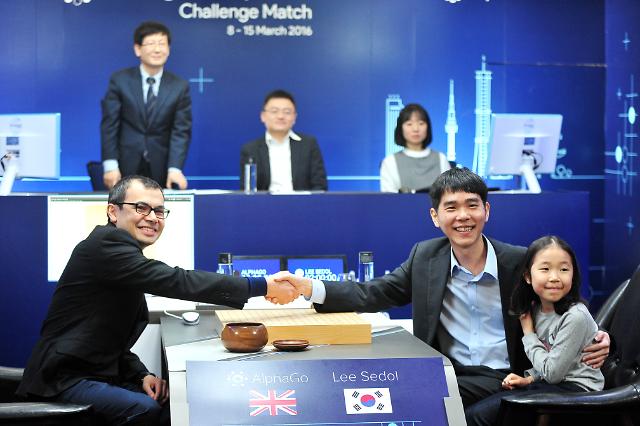
[Yonhap Photo]
Human translators don't have to worry about their job security for a while as they scored a comfortable victory against language software powered by artificial intelligence in South Korea's first match for translation.
It's contested on a handicap basis. Four professional translators were given 50 minutes in translating English articles into Korean and vice versa, compared to quick work by three automatic translation programs developed by Goole, South Korea's top Internet provider Naver, and Systran International.
The match received widespread attention because artificial intelligence (AI) has been a hot topic in South Korea since Google's AI program AlphaGo showed a marvelous record in the ancient Chinese game of Go.
In a landmark showdown with South Korean Go master Lee Sedol in March last year, AlphaGo scored a 4-1 victory. In unheralded online test matches later, AlphaGo's upgraded version beat all top rankers in China, South Korea, and Japan, leaving Asian Go communities thoroughly absent-minded.
In the match hosted by the International Interpretation Translation Association, AI was far behind humans, though machine translation has improved its technology remarkably.
Humans scored an average of 24 out of 30 in translating Korean into English while AI's stood between 8 and 13. In translating English into Korea, bosh sides produced similar results.
"It is hard to compare this translating event against the match between the AlphaGo and Lee Sedol, but we tried to make it fair as possible by choosing professional translators as AI's competitors," said Kwak Joong- chol , a professor of the Graduate School of Interpretation & Translation.
"We have found out that the AI lack of deep understanding of the texts. Humans 'self-correct' their work during their proofreading process while AI does not. There's a huge gap between them."
Experts in Seoul agreed it would take more time for AI to catch up with humans in translating the Korean language which relies on many Chinese characters and different sentence structure and syntax than English.
"Complex syntax, nuanced language and context cannot be properly translated using brute-force computation -- all the more so for such a fundamentally divergent language pair like English and Korean," said the Korean Translation Group.
"Sooner or later, there will come a day when machine translation could be considered a viable tool. Today, we’re not even close."
The Foreign Service Institute at the United States Department of State rated 63 languages based on how difficult they are for English speakers to learn. Arabic, Cantonese, Mandarin, Japanese, and Korean were the most difficult to learn.
Lim Chang-won = cwlim34@ajunews.com




